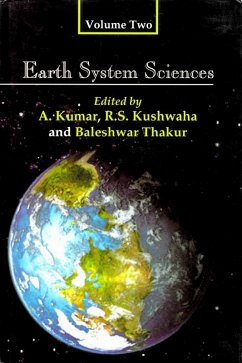Environmental awareness afterthe Earth Summit (in June 1992) has necessitated the developed countries to focus attention on bio fuel. Biomass, at one time, considered to be the fuel of the poor in the developing countries has now become an important source of energy for the developed world as well. Its role in building economy while preserving environment has attracted large allocations for technology adaptation and technology development leading to more efficient biomass stock conversion. The Global Environment Facility of the World Bank, the United Nations' Development Programme and the United Nations Environment Programme have started allocating large is towards initiating major projects and programmes based on biomass in the developing countries. Thus, currently the bio fuels have the national and international support and funding. All that is needed is the devel-::ed of site specific commercially viable and ally acceptable packages of technology for different parts of the world. India, with its vast technical and industrial infrastructure, has an excellent opportunity thereby through appropriate policy interventions, it can have cost-effective utilisation of bio fuels to replace atleast 3 million tonnes of oil and 2000 MW power generation installed capacity by the year 2000. The future bio fuel revolution in India shall be in terms of higher penetration of bio energy resources in the industrial and urban sectors (without disturbing its role in the rural sector). Tc attam such a revolution, the government shall have to cover the initial technology introduction risk so that the industry develops and matures. A long term policy and its effective implementation holds the key to bio fuel use in India.
Dieser Download kann aus rechtlichen Gründen nur mit Rechnungsadresse in A, B, BG, CY, CZ, D, DK, EW, E, FIN, F, GR, HR, H, IRL, I, LT, L, LR, M, NL, PL, P, R, S, SLO, SK ausgeliefert werden.









